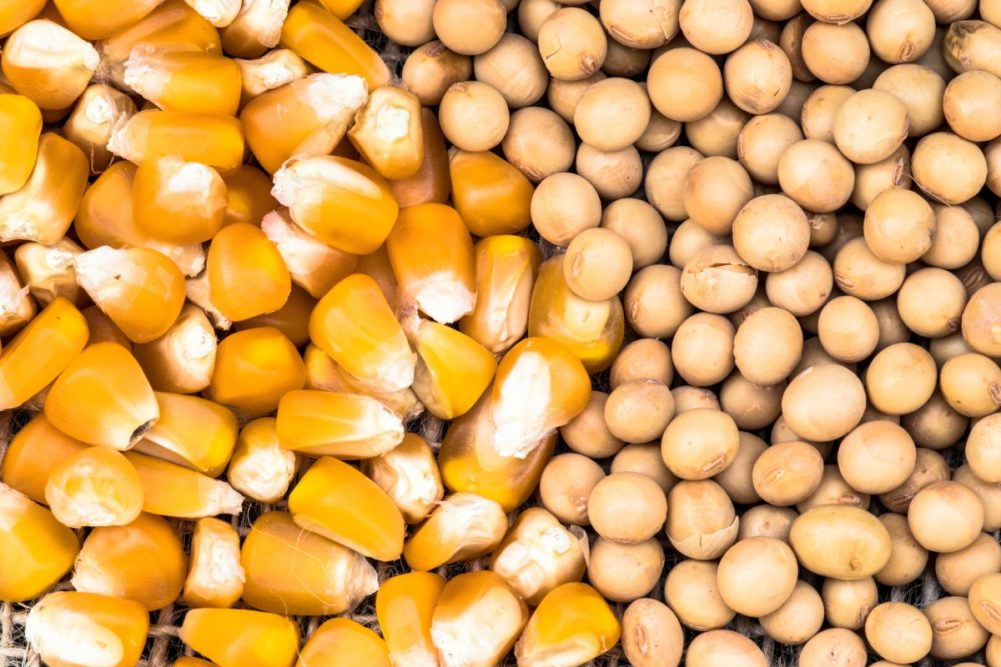ST. LOUIS, MISSOURI, US — US corn and soybean exports to China could drop dramatically if a 60% tariff on Chinese goods being considered by US President-elect Donald Trump is implemented, according to a study released by the National Corn Growers Association (NCGA) and American Soybean Association (ASA).
The associations asked the World Agricultural Economic and Environmental Services to evaluate the impact a trade war would have on soybeans and corn, noting tariffs implemented during Trump’s first tenure as president from 2016-2020 led to retaliatory tariffs on numerous US products, including many agricultural and food products. The measure led to a significant reduction in agricultural exports to those nations.
If China cancels its current waiver (from the 2020 Phase I agreement) and reverts to tariffs already on the books, US soybean exports to China would, according to the study, fall 14 million to 16 million tonnes annually, an average decline of nearly 52% from baseline levels expected for those years. US corn exports to China would fall about 2.2 million tonnes annually, an average decline of 84% from the baseline expectation.
The study also found that even if US exports are shifted to other markets, the 60% tariff would contribute to a 13-cents-per-bushel drop in the price of corn. In the scenario, US corn farmers would lose $1.4 billion in annual production value, while farmers in South America would benefit with expanded markets for their corn, higher prices, and increased value of production, the study concluded.
“This burden of a tariff on US corn and other agriculture products is not limited to US farmers who lose market share and production value,” the NCGA said in its fourth quarter Economic Update. “The impact ripples across the US, particularly in rural economies where farmers live, purchase inputs, utilize farm and personal services, and purchase household goods.”
China and the United States signed a Phase I Agreement in January 2020 which helped end the trade war that started in 2018. Part of the agreement stipulated China would purchase $80 billion of US agricultural goods in 2020 and 2021, resulting in dramatic increases in Chinese purchases during that time.
Corn and soybeans account for about one-fourth of total US agricultural export value.
“The US agriculture sector is going through a significant economic downturn,” said Scott Gerlt, chief economist at the ASA. “This work shows that a trade war would easily compound the adverse conditions that are placing financial stress on farmers. Even when a trade war officially ends, the loss of market share can be permanent.”





